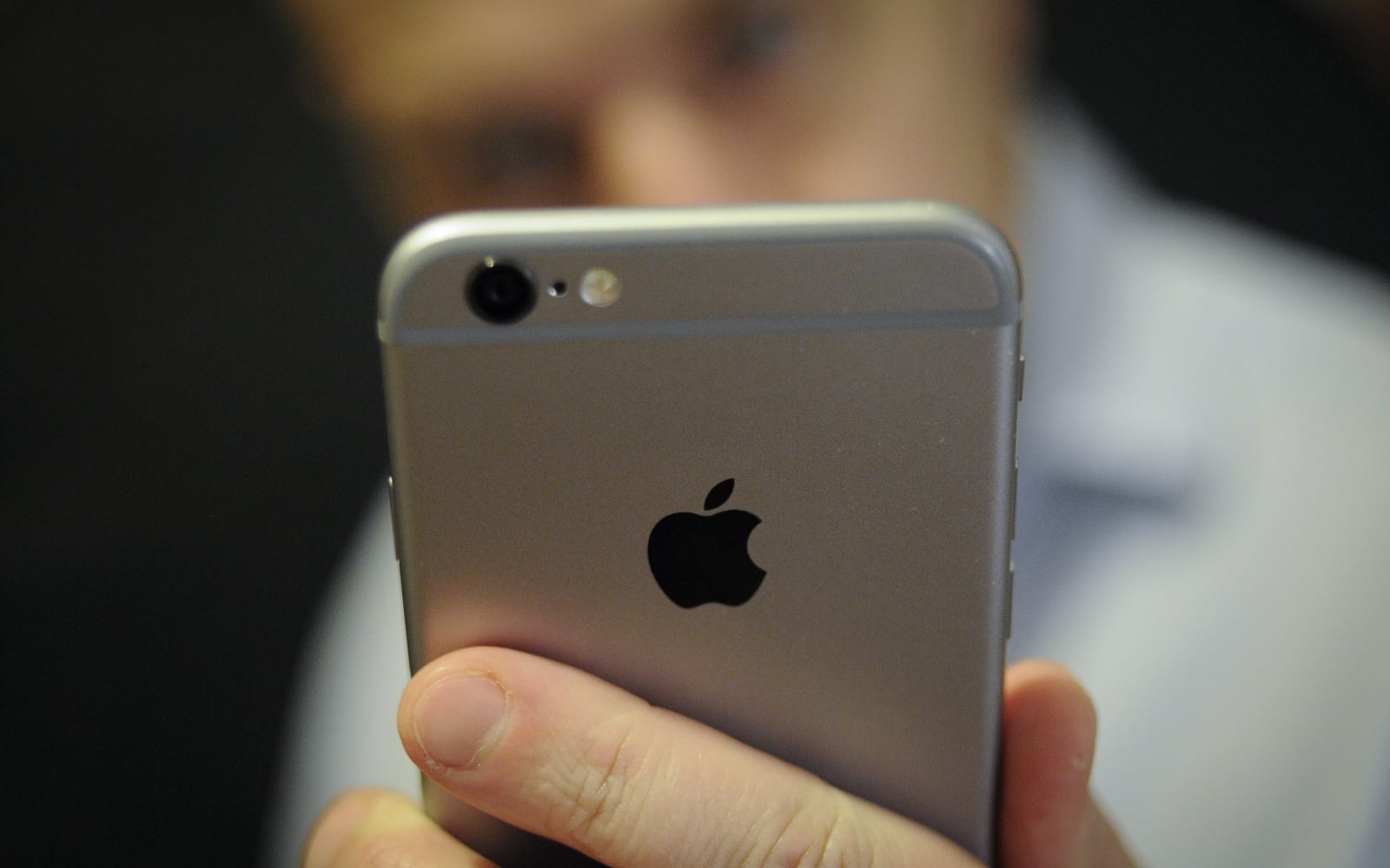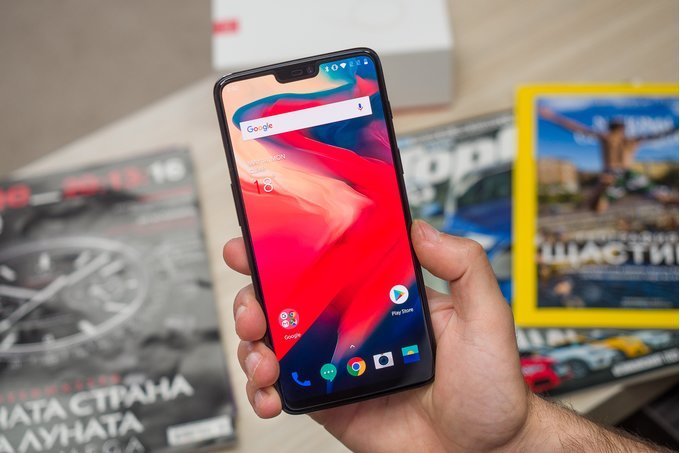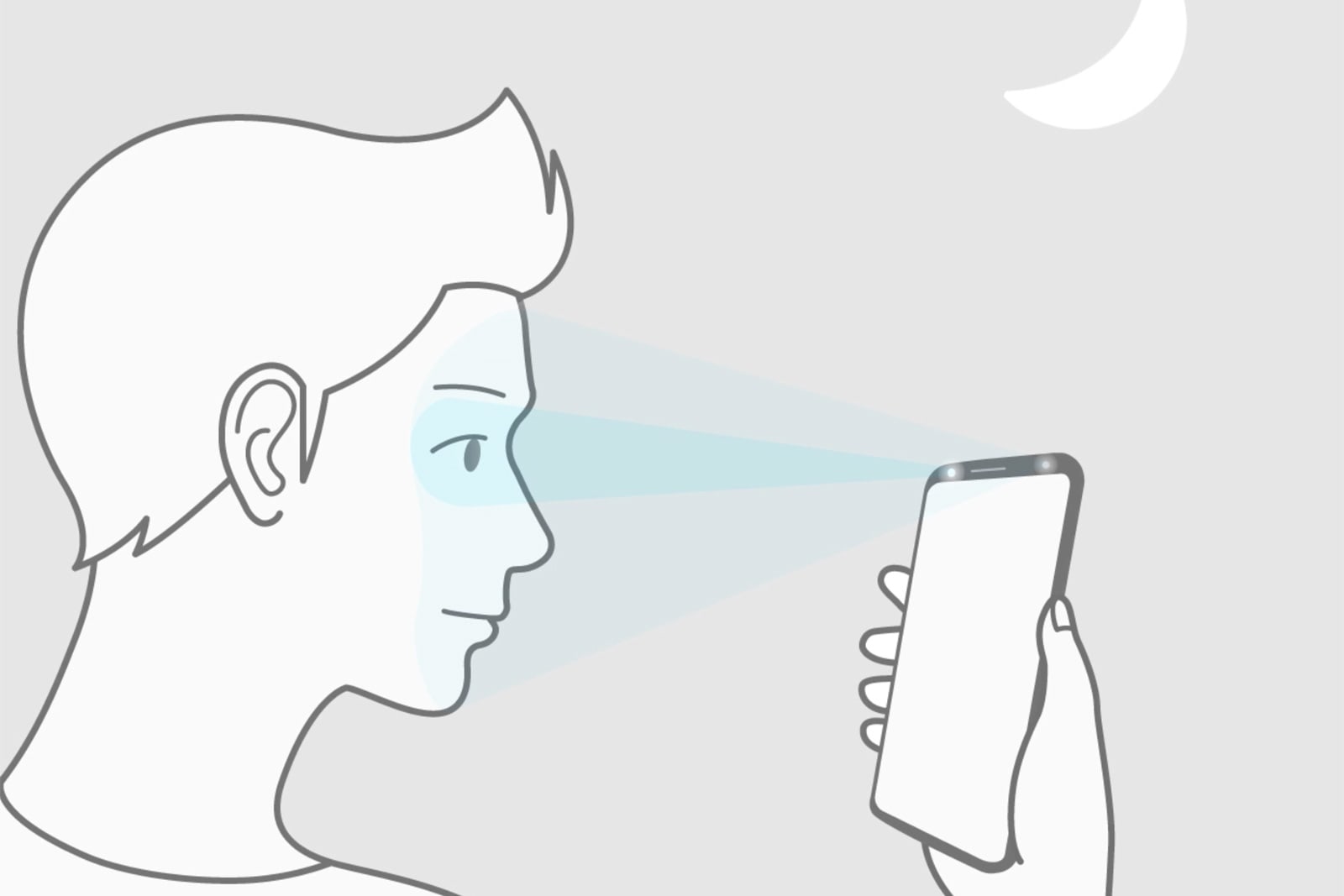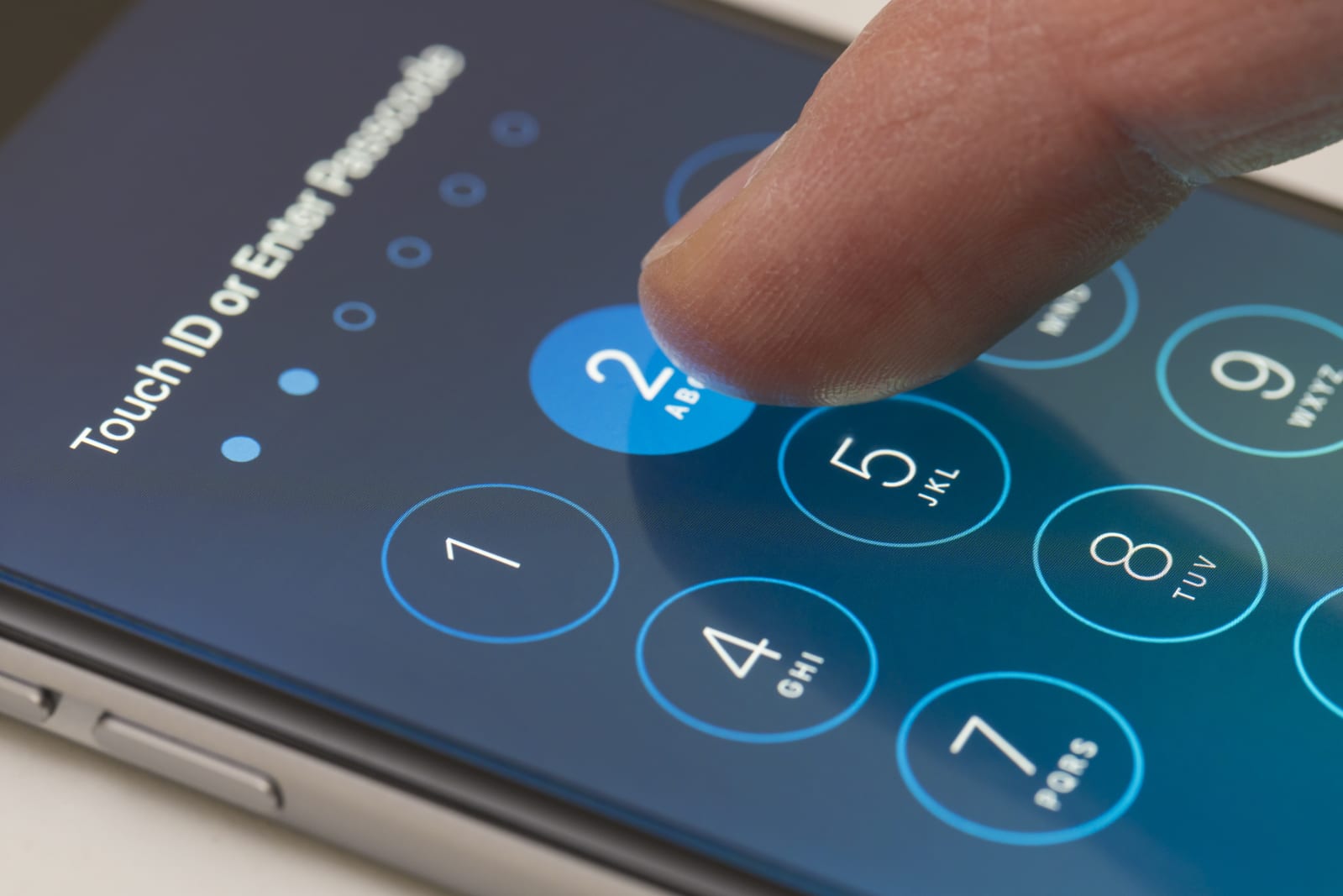
Google first implemented face-unlock in ICS, and since then, it's been hard at work improving the feature and acquiring new IP related to it. Last fall, the search giant patented a way for multiple users to use face-unlock on a single device. This week it obtained a new patent for a method that requires users to make a series of facial expressions to gain access to a system. Essentially, the patent claims a method where a device captures two images of a user, then compares the differences in the images to identify a facial gesture and authenticate the user.
In other words, its a face-unlock method where a device looks at two pictures of your mug to tell if you're raising an eyebrow, frowning or sticking your tongue out as instructed by a prompt from the device. And, it double checks to ensure that it is, in fact, the same face in both images. Oh, and the patent leaves room for a series of expressions to be used -- so at some point in the future, you may have to give your Google-fied phone a wink and a smile before it grants you access. Guess that's easier than remembering a PIN, right?
Filed under: Cellphones, Software, Mobile
Comments
Via: BBC News
Source: USPTO
 In what may be a world first, the FBI has forced a suspect to unlock his iPhone X using Apple's Face ID feature. Agents in Columbus, Ohio entered the home of 28-year-old Grant Michalski, who was suspected of child abuse, according to court documents...
In what may be a world first, the FBI has forced a suspect to unlock his iPhone X using Apple's Face ID feature. Agents in Columbus, Ohio entered the home of 28-year-old Grant Michalski, who was suspected of child abuse, according to court documents...
 In what may be a world first, the FBI has forced a suspect to unlock his iPhone X using Apple's Face ID feature. Agents in Columbus, Ohio entered the home of 28-year-old Grant Michalski, who was suspected of child abuse, according to court documents...
In what may be a world first, the FBI has forced a suspect to unlock his iPhone X using Apple's Face ID feature. Agents in Columbus, Ohio entered the home of 28-year-old Grant Michalski, who was suspected of child abuse, according to court documents...
 For smartphones without home buttons, face unlocking has become a necessary and ostensibly more secure method for preventing unauthorized access. The iPhone X and Samsung Galaxy S9 have adopted the technology, but it turns out there's a way to cheat...
For smartphones without home buttons, face unlocking has become a necessary and ostensibly more secure method for preventing unauthorized access. The iPhone X and Samsung Galaxy S9 have adopted the technology, but it turns out there's a way to cheat...
 Samsung has hinted that the Galaxy S9 might include more advanced face recognition, but we're now getting clues as to what's involved. SamCentral's sleuthing in the settings APK for the Galaxy Note 8's Oreo beta has discovered a hidden Intelligent S...
Samsung has hinted that the Galaxy S9 might include more advanced face recognition, but we're now getting clues as to what's involved. SamCentral's sleuthing in the settings APK for the Galaxy Note 8's Oreo beta has discovered a hidden Intelligent S...
 OnePlus really didn't waste any time fulfilling its promise of bringing the 5T's Face Unlock feature to the original 5. The smartphone maker has rolled out an OxygenOS beta that lets OnePlus 5 owners sign in with a quick glimpse at their phone, just...
OnePlus really didn't waste any time fulfilling its promise of bringing the 5T's Face Unlock feature to the original 5. The smartphone maker has rolled out an OxygenOS beta that lets OnePlus 5 owners sign in with a quick glimpse at their phone, just...
 The OnePlus 5T's other party trick (besides the tall screen) is Face Unlock: a quick glimpse at your phone is all it takes to sign in. But is it really worth buying just so you don't have to use a fingerprint reader? No -- and OnePlus knows it. Co...
The OnePlus 5T's other party trick (besides the tall screen) is Face Unlock: a quick glimpse at your phone is all it takes to sign in. But is it really worth buying just so you don't have to use a fingerprint reader? No -- and OnePlus knows it. Co...
 Law enforcement authorities have been at odds with the legal system and mobile companies when it comes to gaining access to citizens' phones. One of the more notable instances was the FBI's attempt to get Apple to unlock the San Bernardino suspect's...
Law enforcement authorities have been at odds with the legal system and mobile companies when it comes to gaining access to citizens' phones. One of the more notable instances was the FBI's attempt to get Apple to unlock the San Bernardino suspect's...




